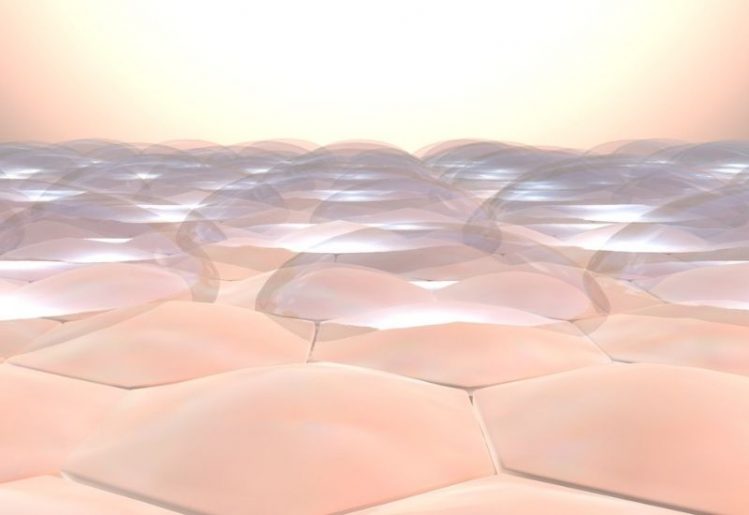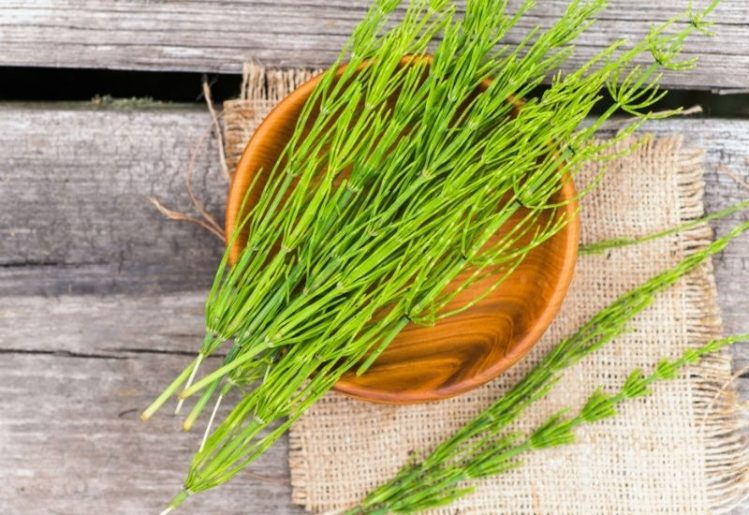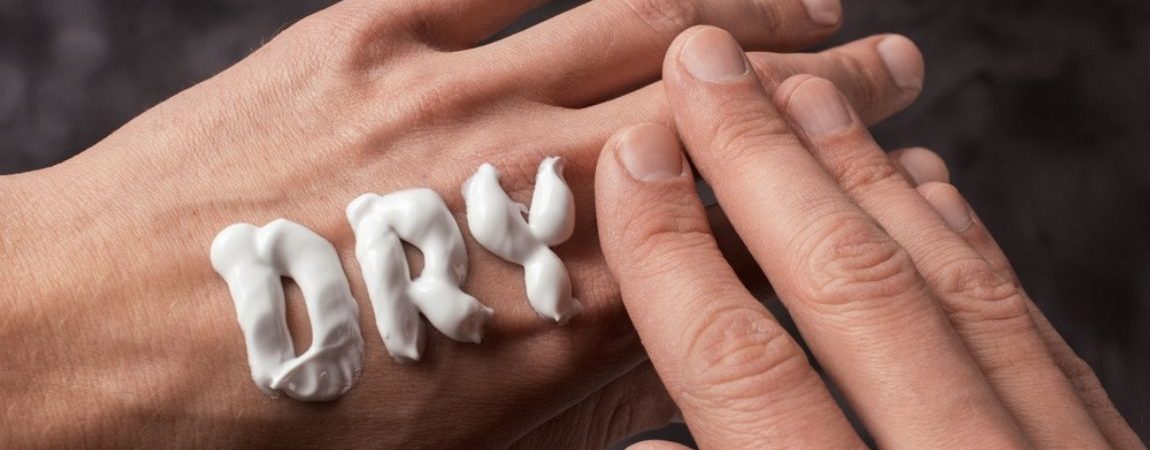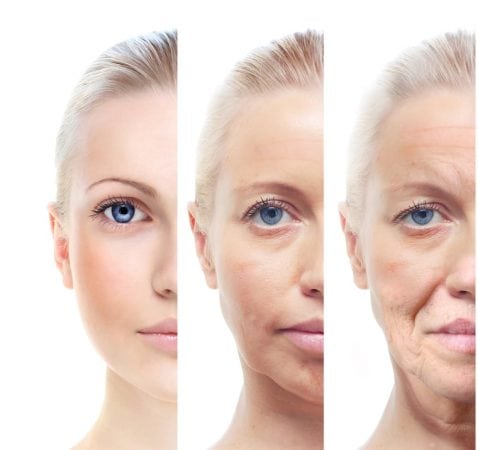How to Combat Dry Skin and Improve Skin Health From the Inside Out
Your skin is the largest organ in your body and keeping it healthy is important for a number of different reasons. The driving reason behind many peoples' concerns about the condition of their skin is the fact that poor skin health can make you look older than your real age. Proper skin care is important all year round, but protecting against dry skin in the summer is especially important when it comes to maintaining a healthy, youthful appearance.
Why Proper Skin Care is Important
 Most people are concerned to some degree with maintaining their youthful appearance, which is why there's such a huge range of available products designed to care for your skin. Additionally, your skin acts as a barrier that protects your internal organs. Unless you suffer an abrasion or laceration that compromises your skin, it will keep diseases and bacteria from accessing your body and adversely affecting your internal organs.
Most people are concerned to some degree with maintaining their youthful appearance, which is why there's such a huge range of available products designed to care for your skin. Additionally, your skin acts as a barrier that protects your internal organs. Unless you suffer an abrasion or laceration that compromises your skin, it will keep diseases and bacteria from accessing your body and adversely affecting your internal organs.
In addition to acting as a barrier, your skin works as a filter, removing excess moisture, salt and oil from your body. It also helps to retain water, which is essential for hydrating your organs and the itself.
When you fail to take good care of your skin, you compromise all of the beneficial things it does for your body. Fortunately, your skin will let you know when it's not as healthy as it should be. Skin conditions, including acne and eczema, are a few of the signs that your skin's needs aren't being fulfilled. If your skin feels leathery or dry, this can be another sign that you need to improve your skin care regimen before more serious conditions develop. Fortunately, there are plenty of ways to take better care of your skin, and there are nutrients you can take to promote skin health from the inside out and help alleviate your skin problems.
Ways to Keep Your Skin Looking Young and Healthy
Modify Skin Care Practices
As warmer weather approaches, it's necessary to change how you care for your skin. For example, the use of steams and exfoliating products should be reduced significantly in the spring and summer. These products promote dry skin when the temperatures are higher. Instead, use a natural moisturizer more frequently to help your skin stay hydrated.
Hydrate, Hydrate, Hydrate
You should also drink more water at this time of year. Your internal organs rely on water to function properly. Your skin is one of those organs, and it needs to replenish the moisture it loses through sweating. If you're not sure about how much water you should be drinking, ask your doctor how much you need based on your BMI (body mass index).
Buy a Humidifier
In the summer, it can be very beneficial to run a humidifier in your home. This device will add moisture to dry air, helping to restore the moisture in the exterior layers of your skin. If you do notice that your skin seems leathery or worn, running a humidifier will help hydrate your skin.
Limit Exposure to Heat and Sunshine
If you want to retain your skin's health, be sure to avoid excess heat and the sun. Even a hot shower can be enough to negatively affect your skin. Additionally, avoid sitting near open fires, such as when cooking or sitting in front of a campfire, during the day. You should also limit the amount of time you leave your skin exposed to the sun's rays. While sunscreen can help protect your skin, you should still avoid spending long hours exposed to the sun. If you work outdoors, use clothing to help protect your skin from exposure.
Natural Nutrients That Protect Against Dry Skin
You can also help your skin from the inside by taking a comprehensive daily supplement designed to promote glowing, healthy skin. Supplements can benefit the skin by giving your body the nutrients it needs to promote better skin health. The following ingredients are especially helpful for helping the skin to retain more moisture and minimizing the appearance of fine wrinkles that can make your skin look older and more worn.
Niacin
This is a water soluble nutrient that boosts cellular metabolism by regulating cell signaling. It also acts as an antioxidant and helps to make and repair DNA. For the skin, this means niacin helps prevent the cell damage that the sun's rays can cause. It may also play a role in the prevention of skin cancer.
Biotin
This nutrient is also known as vitamin H and is one of several B-complex vitamins. As such, it promotes healthier skin, hair and nails. A deficiency of biotin results in skin with dry patches, as well as hair loss.
Zinc
Your body uses zinc in multiple ways, but is primarily used by the immune system to help fight off disease and infection. It's useful in this way because it's an anti-inflammatory agent. This means it's also useful in keeping the skin healthy by reducing redness and irritation that's caused by certain conditions, such as acne.
Selenium
Many of the things you expose your skin to on a daily basis contribute to the decline of your skin's health. These are things you don't think about, such as smoking, stress and air pollution. Selenium acts as an antioxidant that helps the body fight off the oxidative damage that these things cause to the cells in your skin.
 Horsetail
Horsetail
What we commonly know as horsetail is a perennial plant that has been used for its medicinal value for centuries. More recent research has found that it's particularly useful in treating skin wounds and abrasions by speeding up the healing time. It also helps eliminate skin redness and discharge from lacerations.
MSM and Hyaluronic Acid
These compounds are predominantly found in the layers of the skin, although they are also found in lesser quantities throughout the body. In the skin, they bind with cells to prevent the loss of moisture. When taken as a supplement, MSM and hyaluronic acid help increase moisture in the skin, helping to protect against external factors that may leave your skin dry or worn.





